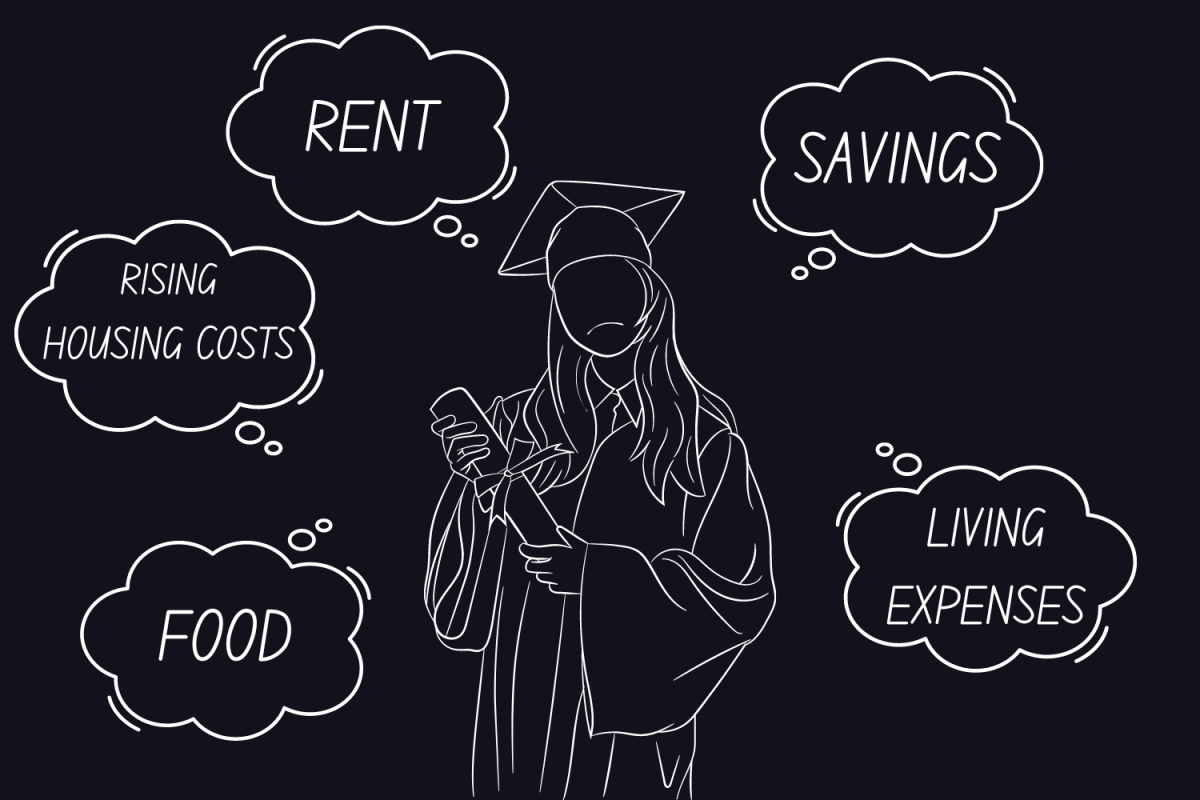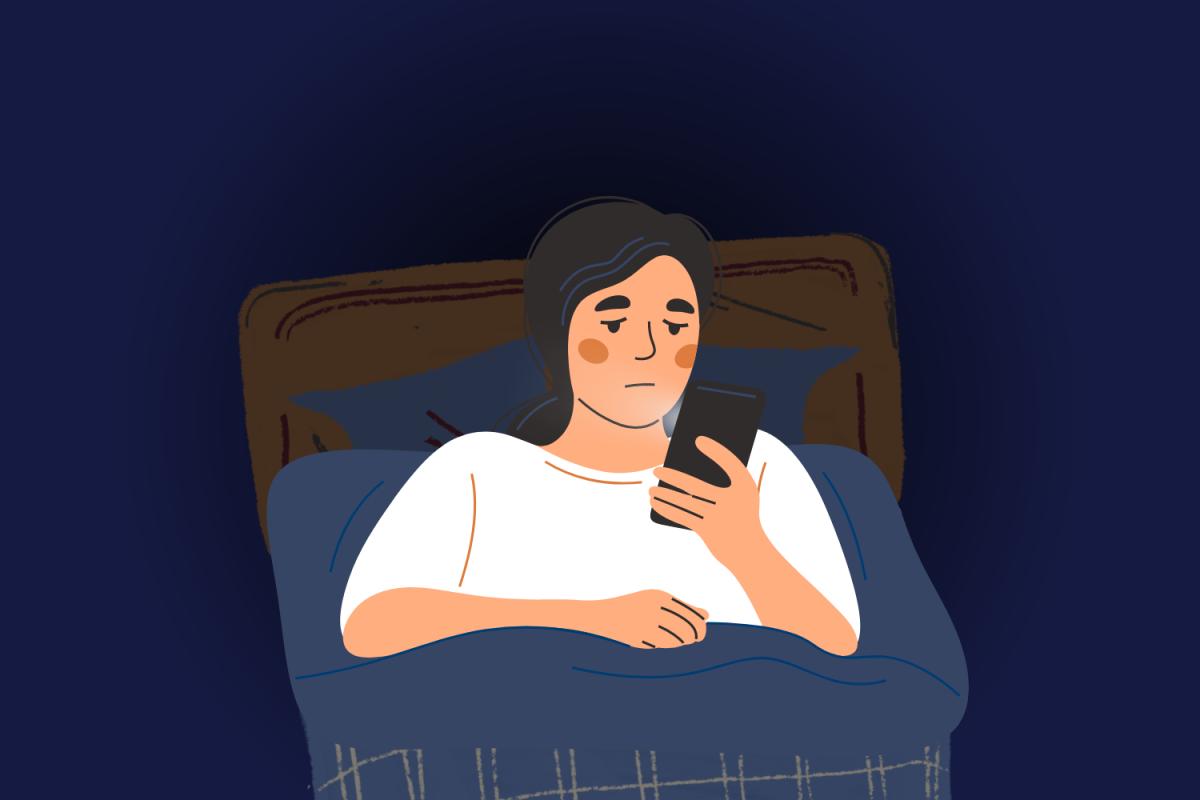Vanderbilt undergraduate and graduate students now have a clearer picture of their right to adequate mental health care on campus.
The Mental Health Bill of Rights and Responsibilities, endorsed by the Graduate Student Council (GSC), Vanderbilt administration, and, as of last Wednesday, Vanderbilt Student Government (VSG), outlines the university’s aspirations for and student responsibilities regarding mental health care on campus. The full Mental Health Bill of Rights and Responsibilities is available here.
The bill expresses a set of commitments shared by the university, the GSC, and VSG, which include decreasing stigma around mental health issues on campus, protecting students’ privacy rights, and providing or locating mental health services for students at no more than a reasonable cost. The bill also emphasizes the university’s resolution to consider the financial situation and personal wishes of each student when designing individual mental health care plans.
“It can be used as a form of advocacy, especially for students who aren’t used to seeking these kinds of services. [It’s] a piece of education to know what their rights are and what is available to them,” Student Care Manager Lisa Clapper said.
Second-year graduate student Kelsea Best serves as GSC Student Life Liaison and spearheaded efforts this year to finalize the bill. The bill ideally will serve as tool for conversations between students and their mental health care providers, allowing students to point to specific ways their experience deviates from the ideals outlined in the document, Best said.
The bill originated in fall 2017, when issues about long wait times at the then-Psychological Counseling Center (which has since been converted to the University Counseling Center) and difficulties finding off-campus providers caused discontent among graduate students, Best said. In response, the GSC hosted a series of town halls for graduate students to express their concerns about mental health on campus and brainstorm possible solutions. The Mental Health Bill of Rights and Responsibilities emerged as one such solution.
Over the next year and a half, a committee of graduate students led by the previous GSC Student Life Liaison Chelsea Peters drafted and revised the bill, taking into consideration feedback from other graduate students and members of Vanderbilt administration like Dean of the Graduate School Mark Wallace, Dean of Students Mark Bandas, Dean G. L. Black, and Vice Provost Cynthia Cyrus.
Administration requested the inclusion of a responsibilities section in the bill, which describes how students should participate most effectively in their own mental health care, including attending scheduled appointments, providing accurate information, and actively participating in decisions about their mental health care plan.
GSC approached VSG with a draft of the bill in April 2018, VSG President Tariq Issa said. VSG provided feedback during the revision process, and Vanderbilt administration and GSC endorsed the finalized version this January. VSG endorsed the bill with a unanimous vote Jan. 13.
“We realized that a lot of the issues they faced affected us too, so it provided a really neat cooperation for us to work together. Ultimately, fitting into our larger goals, it’s all about improving the wellbeing of students on campus,” Issa said.
In the future, the document could be adapted if available mental health services or the financial situation of the university were to change, VSG Student Health and Wellness Committee Chair Josie Roth said.
Overall, the drafting and revision process established a significant level of cooperation between graduate students and Vanderbilt administration, Best said.
“We all, at the end of the day, want the same things: we want great mental health care for the entire community,” Best said.









